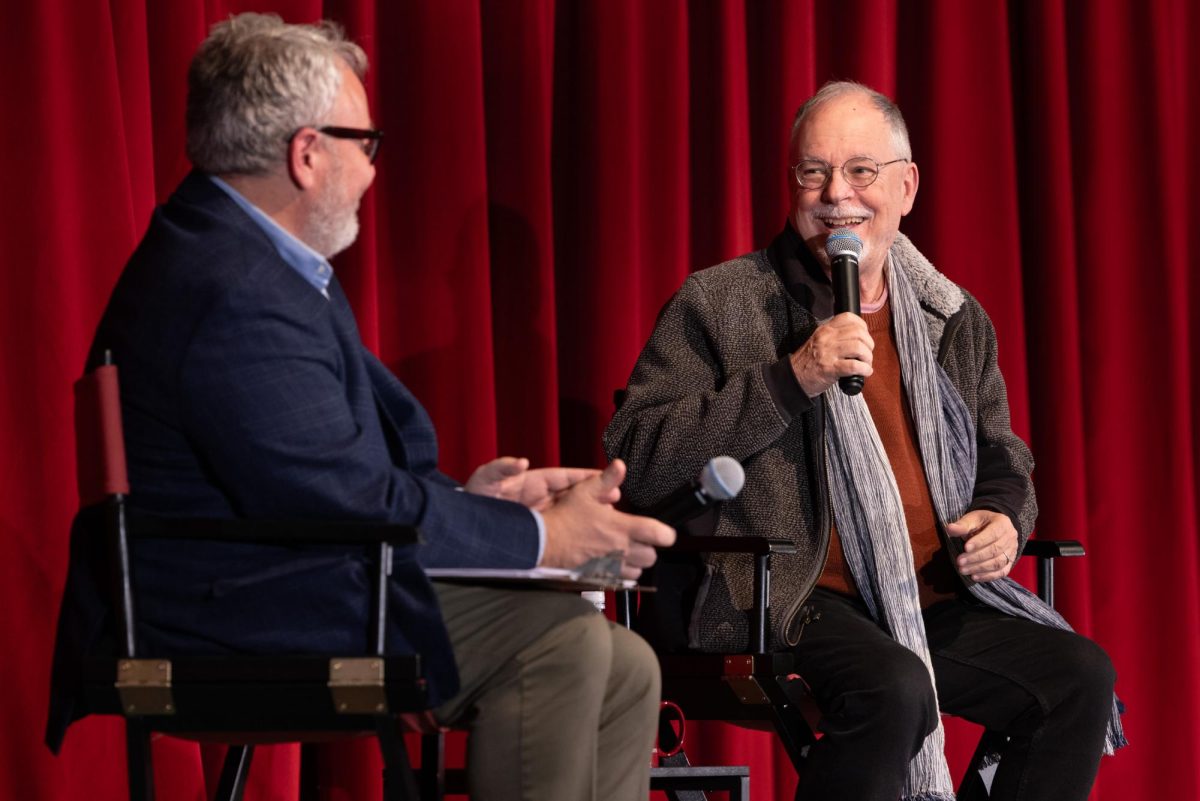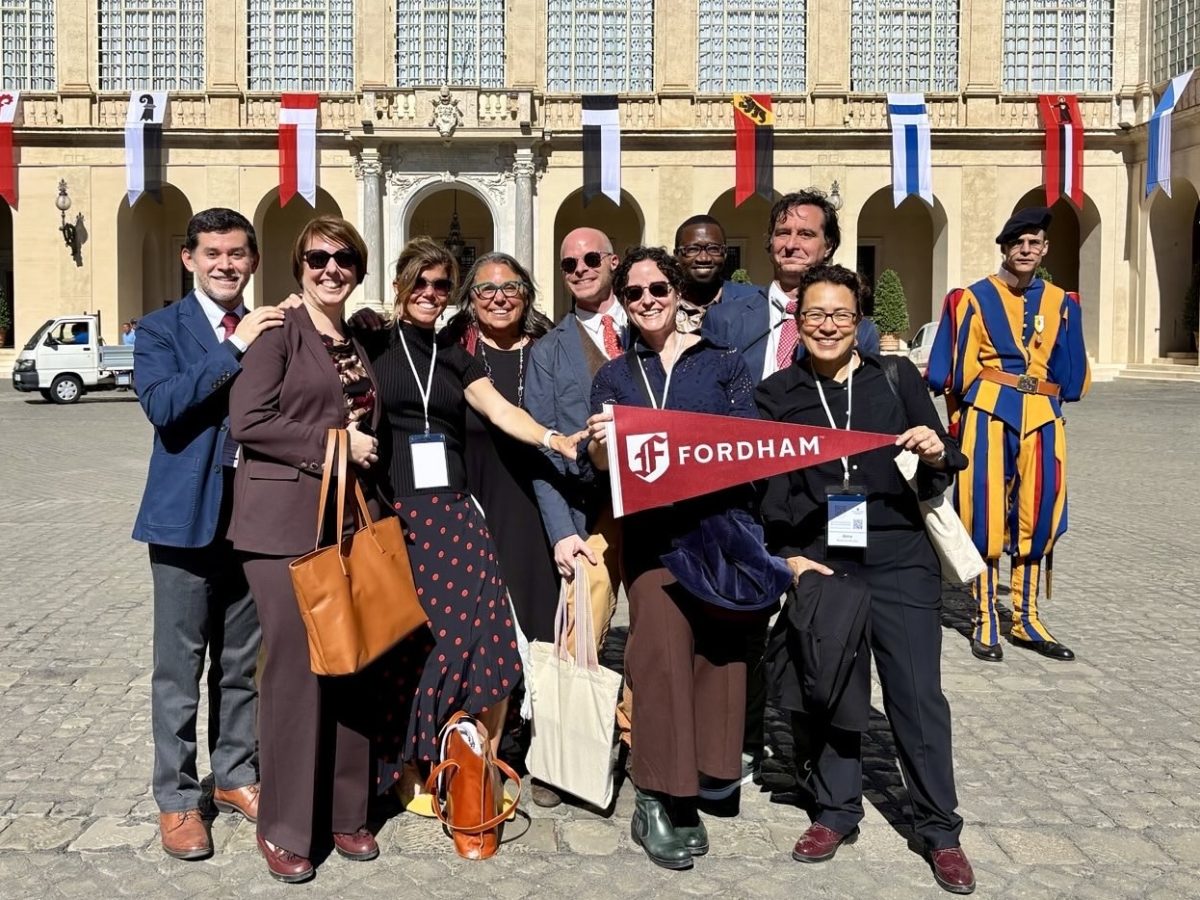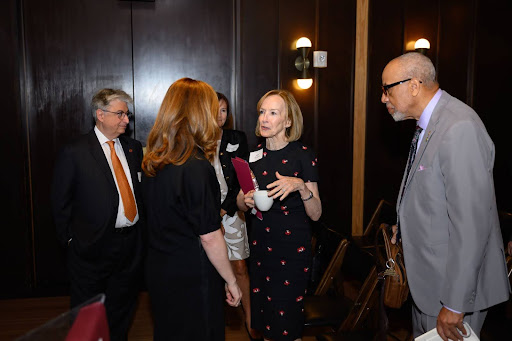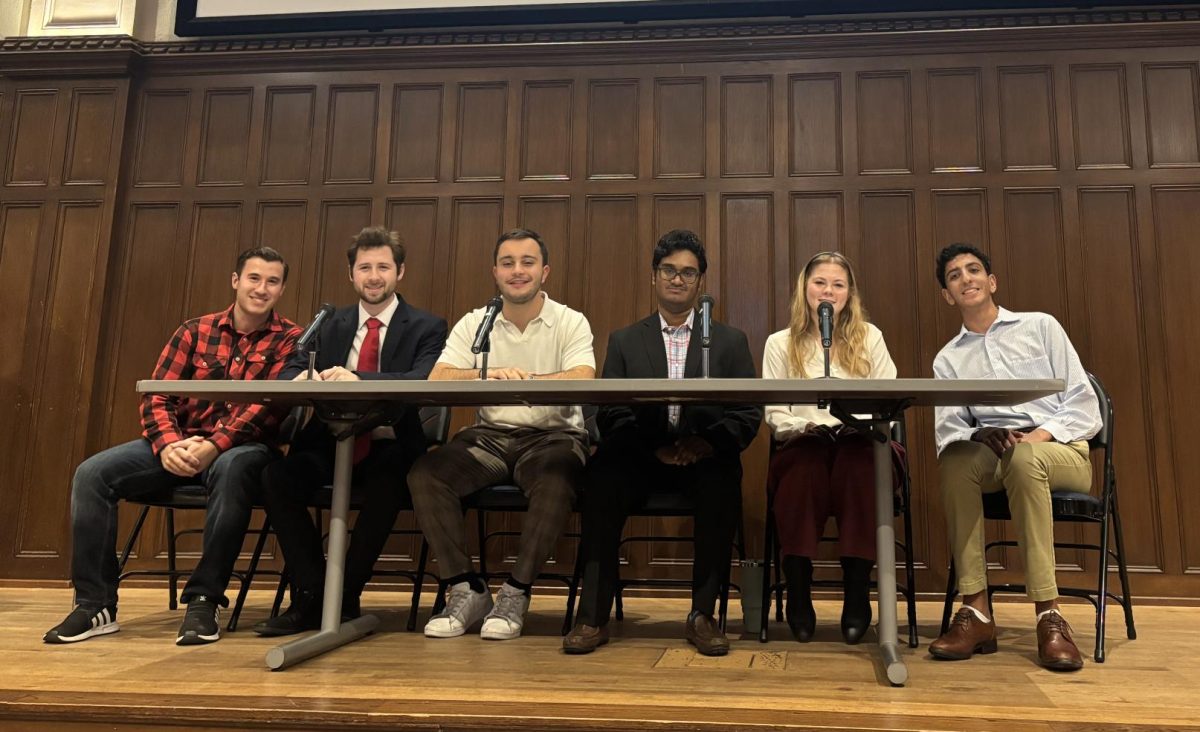
By Katie Meyer
Paul Levinson, longtime Communication and Media Studies professor at Fordham, is a bona fide writer. Author of academic papers, countless articles, several novels and a whole lot of blog posts, he says he’s always had an affinity for it. But that is now. Back in 1971, when he was just starting out after college, he’d never had anything published.
Back then, he was doing a different kind of writing — songwriting. He wrote for bands around the New York City area, and also for himself on the side. He even released an album called Twice Upon a Rhyme, which he said “sold negative copies,” although he added that recording it was a fun experience.
But back to 1971. That was the year Paul McCartney released his second solo album Ram, which was heavily criticized. The Village Voice published a particularly scathing review and Levinson, who liked the albumn, was compelled to write a letter in disagreement. To his surprise, the newspaper published his letter as a feature length article and mailed him a check for $60.
“I said hey, this is good stuff,” Levinson remembered.
He started writing more articles on music, and continued doing so until he decided, in the mid 70s, to get his masters degree and eventually, a Ph.D in communications from New York University.
This kicked off an eventful period in Levinson’s life that seems to have set the tone for the rest for his career.
During his graduate school years he met and worked with a man who was to be one of his biggest academic influences — Marshall McLuhan, a giant of the communications field. The two of them met through Levinson’s dissertation mentor Neil Postman (incidentally, another major figure in communications), who urged Levinson to write an introduction for one of McLuhan’s books. McLuhan liked it, requested to meet him, and the two became friends, collaborating several times over the years.
Eventually, Levinson decided to start teaching and began working as a graduate professor at Fairleigh Dickinson University and soon the New School as a graduate professor. He stayed at the New School until the early 80s, and while there he and his wife started a teaching company called Connected Education that offered courses completely online in partnership with the New School.
“It was really ahead of its time, he said. “These were really early days, I mean the 1980s, there wasn’t even Internet then.”
Levinson and his wife ran the company for ten years, and he also taught in a few other places, including Hofstra University. In 1998 he landed a job at Fordham, and has been there ever since.
All things considered, he said, it’s the best place he has ever taught. Though he prefers to teach graduate classes (at Fordham, he has taught mostly undergraduate courses) he said Fordham’s students make the difference.
“I’ve found they are by far the most interested…the moment I got to Fordham, there was a certain energy in all the classrooms that’s continued. It makes it much more enjoyable to teach,” Levinson said.
But despite Fordham being a satisfying position, that’s not all that has occupied Levinson during his tenure. He has also been writing. And writing a lot. He published his first novel, a science fiction mystery called “The Silk Code,” in 1999, and since then he has published five more novels and 10 nonfiction books. He most enjoys writing science fiction, and has since he was young.
“For me, at least, there’s not much difference between writing and talking,” he explained. “I don’t think of writing as something that pulls me out of the world. I often do my best writing when I’m right in the thick of it.”
These days, he still spends his days in the thick of quite a few things. In addition to his writing (for his own books, and for science fiction magazines) and his teaching, he is a frequent guest media commentator on shows that include the likes of The O’Reilly Factor, CBS’s Nightline, various NPR shows and a long list of others.
He enjoys sharing his views. And like his other pursuits, he does not plan on stopping anytime soon.







































































































































































































